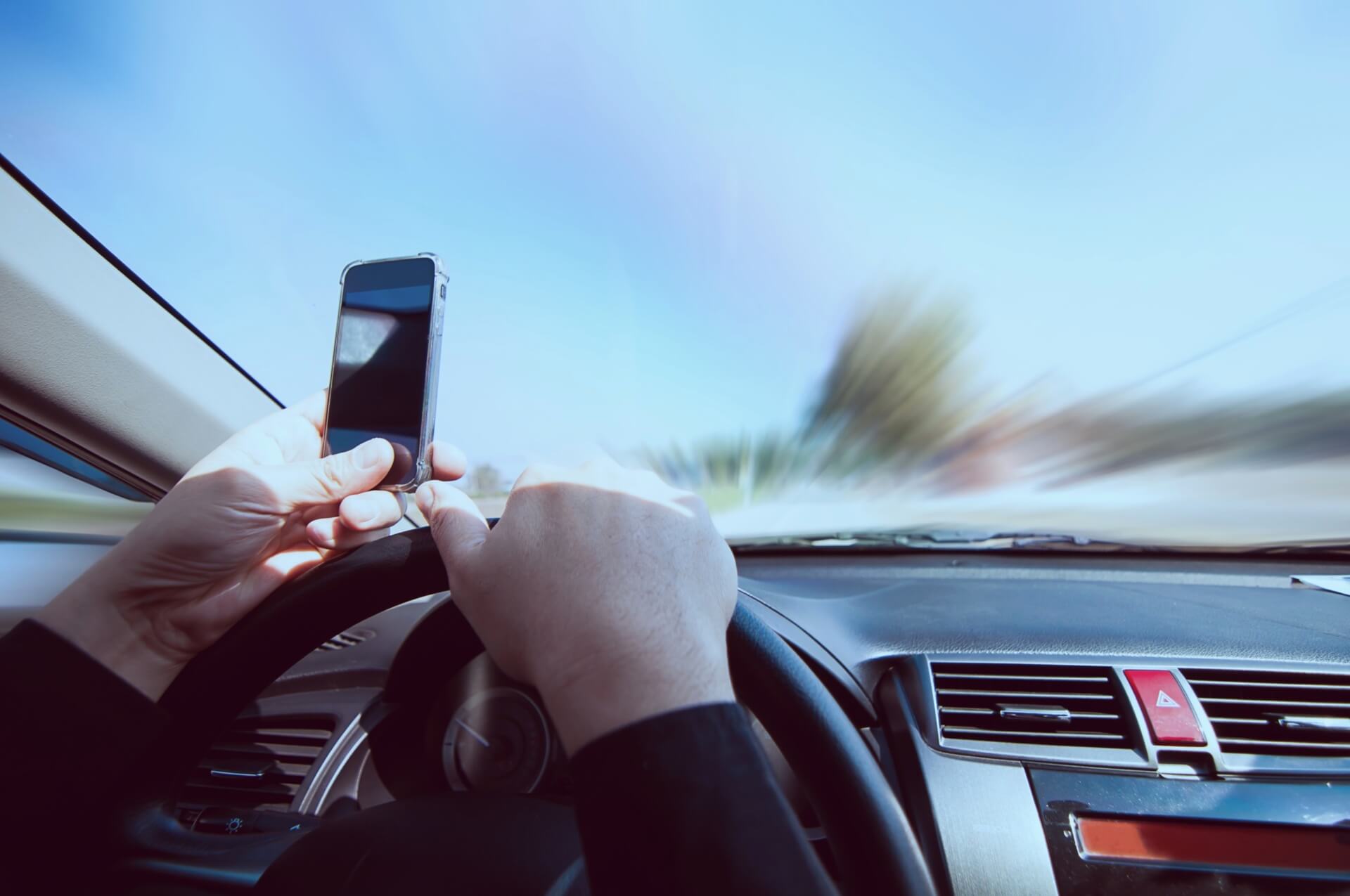
Can Your Phone Be Used to Deny a Claim? (Hint: Yes — and Here's How)

by Erin Anderson
You’re driving, your phone buzzes, and you glance down — just for a second. Nothing happens. No accident, no ticket, no big deal... right?
Not always.
Whether or not it felt dangerous at the time, that one glance could come back to haunt you — especially if you end up filing a claim later. Thanks to newer technology and stricter insurance policies, your phone could now play a much bigger role in determining whether your claim gets paid out... or denied entirely.
Here’s how — and what you need to know to protect yourself.
Yes, Your Phone Can Be Used as Evidence
Most smartphones automatically log location data, speed, and app usage in the background — even when you don’t realize it. After a crash, insurance companies (and sometimes law enforcement) may request access to that data to help determine what really happened in the moments before impact.
If the data shows that you were texting, using a GPS app, or even just unlocking your phone while driving, that could be used to argue you were distracted — and therefore at fault.
Why It Matters for Your Claim
If your insurance company determines you were distracted, that changes things. Depending on your policy and state laws:
- You could be found at fault, even in what seems like a no-fault accident
- Your claim could be denied or reduced
- You might lose collision coverage eligibility for that incident
- You could even face premium increases going forward
It’s not just about phone calls and texting. Some insurers look at:
- Whether your phone screen was active at the time of the crash
- If you were switching music, checking directions, or swiping through apps
- Time stamps that don’t match your version of events
When Do Insurers Look at Your Phone Data?
Usually only when there’s a dispute — like:
- Conflicting reports about who was at fault
- Injuries with unclear causes
- A single-vehicle accident (like hitting a tree or pole)
- Claims involving high repair costs or potential fraud
They won’t always come asking for your phone — but if the case raises red flags, they absolutely can. And in serious cases, law enforcement might subpoena phone records, which insurers can then use in their own investigations.
What About Privacy?
Good question. You don’t have to hand over your phone — but refusing could raise its own questions. Some drivers voluntarily submit phone data if they believe it will help prove they weren’t distracted. Others decline and risk the consequences of looking uncooperative.
Also, if you use a telematics program or app from your insurer (like a safe-driving discount tracker), you may have already agreed to let them collect phone usage data while you drive.
📱 Telematics opt-in = data opt-in. Always read the fine print.
How to Protect Yourself
This doesn’t mean you need to ditch your phone entirely — but a few small changes can help you stay safe and avoid complications down the road:
- Use Do Not Disturb While Driving mode
- Mount your phone for navigation instead of holding it
- Use voice controls or Bluetooth for hands-free access
- Don’t interact with apps unless you’re parked
- Pull over if you need to text, change music, or answer messages
It’s not just about avoiding an accident — it’s about avoiding liability if one happens.
The Bottom Line
Your phone tells a story — and after a crash, insurers are listening. Whether it's your screen activity, GPS usage, or app history, even a quick glance at your phone can leave behind digital evidence that could be used to deny or reduce your claim.
The safest move? Stay off your phone while driving — not just to avoid accidents, but to avoid liability if something goes wrong.
🚗 Want coverage that understands how you actually drive — and doesn’t punish you for staying focused on the road? Explore quotes that reward distraction-free driving and give you more control over how your data is used.